The essays collected in this volume address the full range of pedagogical and programmatic issues specifically facing technical communication teachers and programme directors in the computer age. The authors locate computers and computing activities within the richly-textured cultural contexts of a technological society, focusing on the technical communication instructional issues that remain most important as old versions of hardware and software are endlessly replaced by new ones. Part One, “Broadening Notions of Computer Literacy”, complicates mechanistic approaches to computer-related instruction by locating the design and use of hardware and software within social, cultural, political, ethical and legal contexts. Part Two examines how teachers and programme directors can encourage critical literacies in their classrooms and programmes. At the same time, it considers how computer technologies such as the World Wide Web, hypertext, electronic mail, Internet discussion groups and real-time conferencing environments might challenge traditional notions of technical communication pedagogical practice. Building on the first two sections, Part Three, “Examining Computer-Supported Communication Facilities from Pedagogical Perspectives”, explores a wide range of instructional and political challenges in designing and supporting the robust computing needs of technical communication programmes. Part Four, “Planning for Technological Changes in Technical Communication Programmes”, outlines some long-term ways of thinking about computers and technical communications that are instructionally and institutionally productive for students, teachers and programme directors.
Technical
{PDF} Computers and technical communication: pedagogical and programmatic perspectives Stuart A. Selber
$19.99

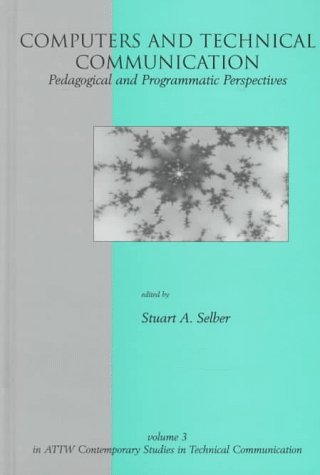
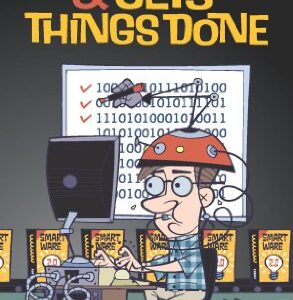
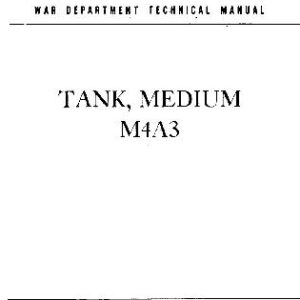
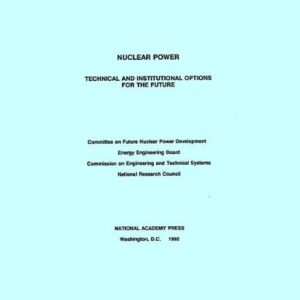
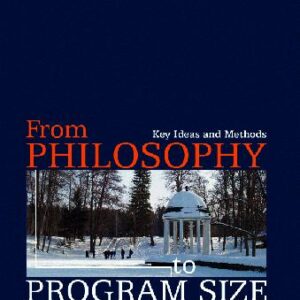
Reviews
There are no reviews yet.